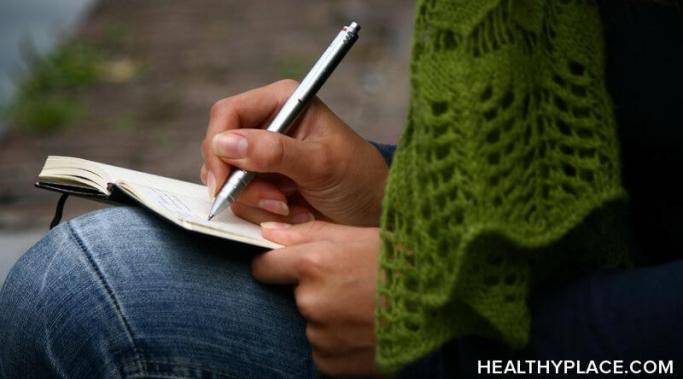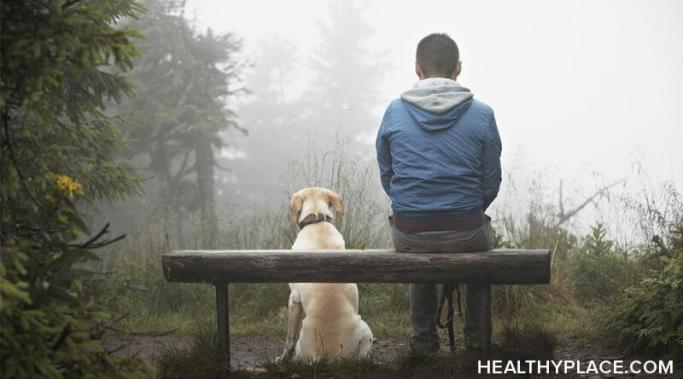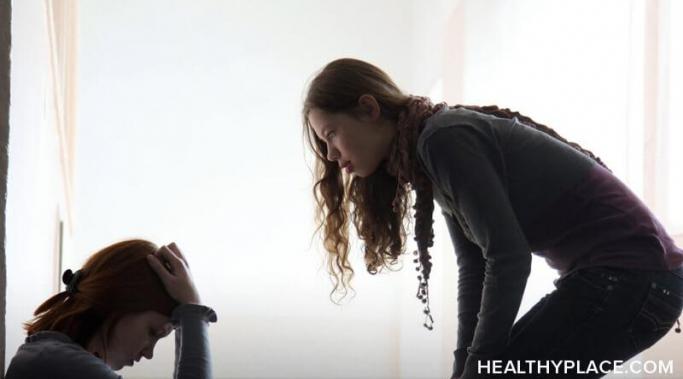I started my journey on the "Coping with Depression" blog almost three years ago. Today, I am writing my final post for this blog. I have been fortunate to work for HealthyPlace and will always be grateful for the time and space I was given here. I conquered both fear and doubt to become a mental health blogger, and I could not have done that without the support and guidance of the team and staff at HealthyPlace.
Depression Videos
We should not underestimate the effects of stressful events on depression. Modern technology offers most of us the opportunity to know what's going on all over the world at any given moment of any given day; yet, so many of the current news stories have the potential to add to our stress and possibly worsen our depression. I've been struggling with managing my depression while also trying to find a balance between being adequately informed versus becoming pulled down into a major depressive episode due to information burnout.
Many of us who are diagnosed with depression struggle with loving ourselves. We might feel the sting of stigma, whether it's from others, from within us, or from a combination of both. As individuals with depression, some of us deal with negative thoughts, which can make it difficult to foster feelings of love towards ourselves. How can we overcome these challenges and learn to love ourselves?
I have a plan to avoid another suicide attempt that came from living with major depression. But it's taken three years since almost losing the war against depression to get it together. I'm so thankful to say that I'm still here and that my suicide attempt failed. That "failure" turned out to be one of my greatest victories. I couldn't see it then, but I certainly see it now. The following thoughts are some reflections on the past three years of my life. (Note: This post contains a trigger warning.)
I've been rereading "A Christmas Carol" by Charles Dickens, and it has occurred to me that depression brings its own ghosts of the past, present, and future. Just as Ebenezer Scrooge had to confront his ghosts, so must we.
Depression takes its toll on us, and our brains certainly deserve a break. While we know this to be true, how can we put this knowledge into practice?
Comforting ourselves as we cope with depression is an important skill. While others may offer us comfort and want to help, they are often unable to truly do so. Only we understand our own needs for comfort completely, and we need to work towards being able to meet these needs. It's a process, though, so don't feel rushed.
Discussing our depression can be beneficial; however, we should use discretion when deciding with whom we choose to discuss our depression. We also need to be mindful of how much detail we go into with people. Not everyone can be trusted with the most painful details of the lowest points of our depression.
Many people may not realize that depression has physical symptoms. When extra stress is added to our lives, we may be more likely to see manifestations of the physical symptoms of our depression. What are some of the physical symptoms we may experience due to depression? What, if anything, can we do about stress and its effect on the physical symptoms of depression?
Constructive criticism and depression: Many of us with depression tend to be sensitive and may find it difficult to accept constructive criticism. There are times, however, when we need to hear some constructive feedback from people who love us and have our best interests in mind.









